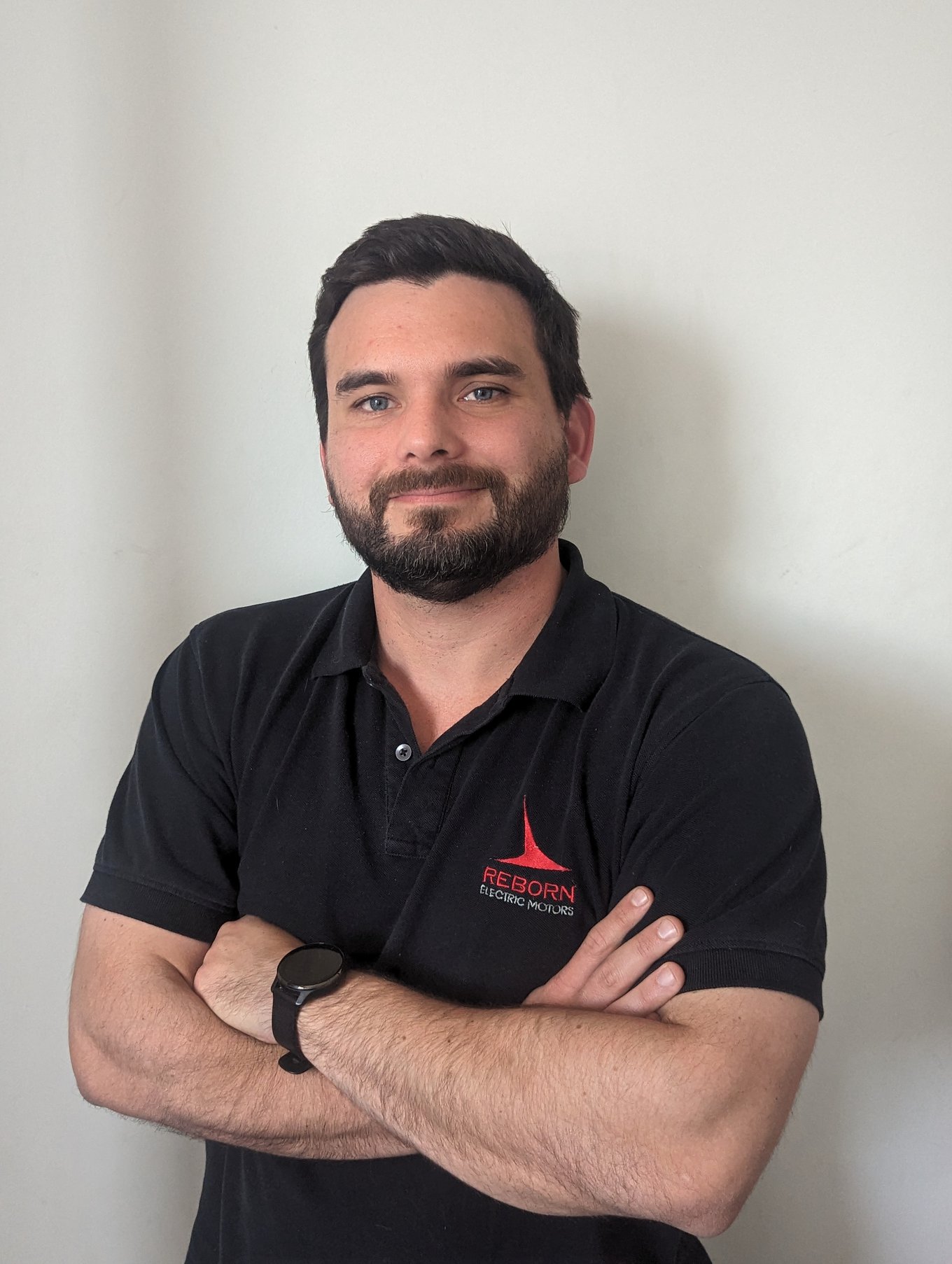Transportation is one of the
sectors that contributes most to the climate crisis: it is responsible for 15%
of greenhouse gas emissions, according to the Intergovernmental Panel on
Climate Change (IPCC). In Latin America and the Caribbean, this figure is even
higher, as this sector is estimated to be behind 36% of emissions, with road
transport accounting for four-fifths of this proportion. Road transport is also
the main contributor to ozone concentrations in urban areas and ozone-induced
damage to vegetation. Decarbonizing this industry is essential for the
ecological transition to an economic system that does not endanger human life
as we know it.
Faced with this environmental and health problem, Felipe Cevallos, an industrial engineer from
the Catholic University of Chile, decided to put his knowledge at the service
of reducing the emission of pollutants and greenhouse gases in the transportation
industry. His answer was to electrify buses. Thus was born Reborn Electric
Motors, a company that converts diesel buses into 100% electric buses and
manufactures new electric buses that move without burning fossil fuel.
"These two product lines help accelerate the migration towards
electromobility in Latin America," says the young Chilean. Thanks to this
development, Cevallos has been chosen by MIT Technology Review in Spanish as
one of the 35 winners of Innovators under 35 Latin America 2023.
Mining accounts for 20% of Chile's
Gross Domestic Product and its activity generates numerous environmental
problems. For this reason, Cevallos has focused on buses adapted to the mining
sector, prepared to operate with water, dust, acidic mud, and the slopes that
these vehicles must endure. Reborn Electric Motors has
supplied more than 100 buses to División El Teniente, the largest subway copper
mine in the world. The young man adds, "We develop cutting-edge technology
in Latin America that is competitive for the rest of the world and we make
transportation more sustainable."
Reborn Electric Motors has two
product lines: new buses and reused buses. It is the latter that gave this
start-up its name: since electric vehicles are more expensive than diesel and
gasoline ones, Cevallos decided to reuse buses at the end of their useful life
and convert them into electric ones, thus reducing their initial cost. In
addition to the reborn buses, there is a range of "zero-kilometer"
buses, which, according to the engineer, "reaches more complex
applications where electromobility does not currently do so."
With a plant capable of producing
200 buses a year in Chile, the young man wants to take his electric buses for
mining to more countries. His plans include selling in Brazil, Peru, Uruguay, and the rest of Latin America. Subsequently, Cevallos aims to sell 1,000 buses
a year, develop new technologies and decarbonize buses in other continents
because it is not enough to act locally in the face of global problems such as
the climate crisis and atmospheric pollution.




